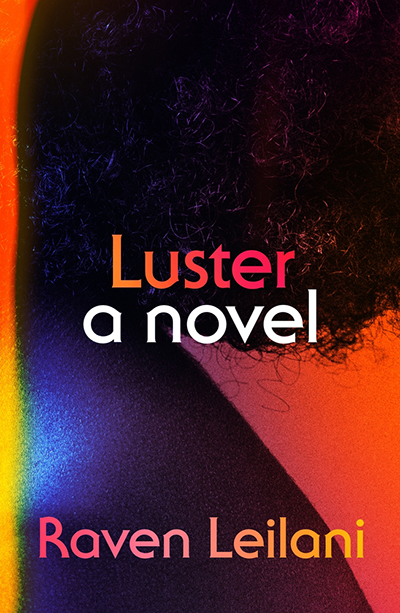Highlights from this book
Contains spoilers
-
I think to myself, You are a desirable woman. You are not a dozen gerbils in a skin casing.
-
“You’re kind of aloof,” he says, and all the kids stacked underneath my trench coat rejoice.
-
I am good, but not good enough, which is worse than simply being bad. IT is almost. The difference between being there when it happens and stepping out just in time to see it on the news. Still, I can’t help feeling that in the closest arm of the multiverse, there is a version of me that is fatter and happier, smiling in my own studio, paint behind my ears.
-
“I never said no to you. Not to anything. That documentary about Norwegian puppetry was three hours long.”
-
I throw in some blatant lies and make sure any inconsistencies are small enough to explain away once I have a foot in the door and am armed with enough recon on my interviewer to either have talking points on the company culture or a five-point plan to suck dry any available reservoirs of white guilt. I interview well despite my nerves, and while I wish I could take credit for that, my ability to maintain human form and make a good impression is all about my skin. The expectations of me in these settings are frequently so low, it would be impossible not to surpass them.
-
…the bike lanes in Manhattan already terrifying at 11:00 a.m., filled with delivery boys and girls who jet into traffic with fried rice and no reason to live, along with the sentient abdominals who do this for fun…
-
The Sabbath itself was pristine. Of course I indulged loopholes. Sometimes I slept it away so I could avoid the boredom, sometimes I spent the day curating twelve-hour mixtapes of Christian rock. But most of the time, though I wasn’t allowed to dance and knew that everyone was having fun without me, I liked the quiet, the languor of a single hour, of a day when you are deliberate, thankful for what was made deliberately, retina and turnips and densely coiled stars, things so complex I could barely render them in paint.
-
It’s a death rattle, she says, directing me to the lawn mower and adjusting the string on the mask, the grass communicating its distress, and for the rest of the day I think of that, sick to my stomach, the lawn buzzed and alkaline, the vinegar in the wine and the carnage in the dew, everywhere the perfume of things that want to live.
-
The acceptable interval for which I can be embarrassed for what I said to the doctors has passed, but I still think about it for weeks, what I meant when I said I was an artist. I think about the painting in the clinic and the canvas fibers curled beneath the oil. All the raw materials that are gathered and processed into shadow and light. The pigments drawn from sand and Canterbury bells, the carbon black drawn from fire and spread onto slick cave walls. A way is always made to document how we manage to survive, or in some cases, how we don’t. So I’ve tried to reproduce an inscrutable thing. I’ve made my own hunger into a practice, made everyone who passes through my life subject to a close and inappropriate reading that occasionally finds its way, often insufficiently, into paint. And when I am alone with myself, this is what I am waiting for someone to do to me, with merciless, deliberate hands, to put me down onto the canvas so that when I’m gone, there will be a record, proof that I was here.
